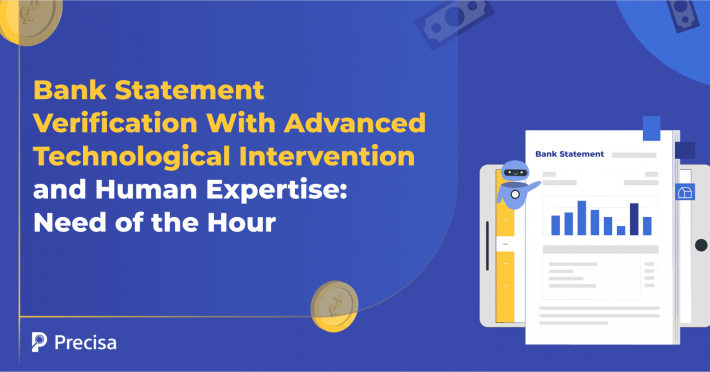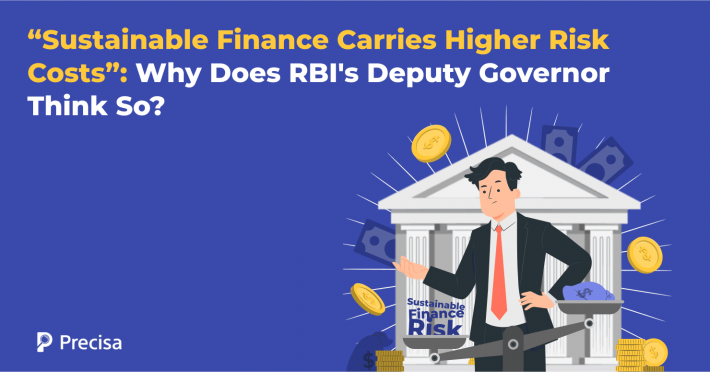5 Key Highlights of the RBI Guidelines for Digital Lending You Should Know

Indian fintechs have made rapid gains in the payments space over the past few years because of UPI, which has led to a significant increase in fintech investment in India. Approximately $135 billion were transacted monthly through UPI (as of June 22), 9 times more than credit cards, which have been around for over 40 years.
This also resulted in technical and ethical issues, and disputes between lenders and borrowers have increased over the years. Several complaints have been raised against digital lending platforms’ aggressive and hostile practices, which recently saw a major boom during the pandemic.
To address both sides of the equation, the RBI recently issued digital lending guidelines covering commercial banks, cooperative banks, state co-operative banks, and non-bank financial companies. This blog post offers a detailed look at RBI’s new digital lending norms.
First, let’s figure out why these rules are necessary.
Purpose of RBI’s Digital Lending Rules

The RBI released new digital lending rules as part of its efforts to manage the entire digital lending ecosystem with more oversight and safeguards for customers. Following the recommendations from a Working Group established for digital lending, new rules have been formulated.
The working group has identified the following challenges or problems for the sector:
- Borrowers are being charged extremely high-interest rates.
- Unrestricted involvement of third parties
- Breach of customer data security
- Unfair business practices, such as mis-selling of lending products
- The recovery methods that are being used are unethical.
5 Major Highlights in RBI Guidelines for Digital Lending
Over the years, the RBI has repeatedly updated its digital lending guidelines. These updates have centred on enhancing customer protection, improving data security, and introducing new technology standards.
Here are some highlights of the guidelines:
1. Payments
The guideline specifies that all digital transactions should involve the bank accounts of the regulated entity and the borrower. No third parties or pool accounts are allowed. When they refer to a regulated entity, they mean any banking or non-banking financial institution.
Regarding fees paid during the credit intermediation process, the guidelines clarify that the borrower should not make the payment but rather the NBFC, the regulated entity.
2. Digital Privacy
Digital privacy is a concern in today’s digital world. The guidelines delineate how customer information should be collected and used based on specific needs. Digital lending platforms cannot access the user’s files, contact lists, call logs, media, or other telephonic functions.
However, the customer can have one-time access to their camera and microphone to complete their KYC procedures. Moreover, the guideline states that the user can deny access to certain data, restrict the disclosure of specific data to third parties, and not retain data.
During the sign-up process, digital lending platforms must provide information about credit limits, product features, and costs associated with the product. These platforms must also disclose all-inclusive loan costs as Annual Percentage Rates (APRs). The credit limit cannot be increased without the borrower’s consent.
3. Reporting Lending to CICs
Despite their tenure or nature, any lending conducted through Digital Lending Applications (DLAs) of RE or LSPs must be reported to Credit Information Companies (CICs).
The guidelines extend these requirements even to those loans conducted under the Buy Now Pay Later model, following the provisions of the Credit Information Companies (CIC) Regulation Act, 2005, issued by the Reserve Bank of India at regular intervals.
4. Options to Exit Loans
Under RBI guidelines, the user may terminate the digital loan by paying only the principal and proportionate APR without having to pay any fine within the cooling-off or look-up period.
A cooling-off period of at least three days should be used for loans with a tenure of at least seven days and one day for loans with a tenure of fewer than seven days.
5. Grievance Redressal
The Regulated Entities (REs) and Lending Service Providers are required to appoint a grievance redressal officer. These officers are responsible for resolving complaints relating to FinTech and Digital Lending.
Additionally, the officer is expected to address the issues concerning one’s own Digital Lending Application. Furthermore, the appropriate nodal grievance redressal officer’s contact details must appear on the regulated entity’s website, along with the option to lodge complaints.
RBI allows consumers to file complaints through the CMS portal under RB-IOS if their complaint still needs to be resolved within 30 days to bolster the grievance redressal system.
An Overview of the Guidelines’ Applicability
There are three categories of digital lenders defined by the Reserve Bank of India in these guidelines. Regulated Entities (RE) and Lending Service Providers (LSP) are considered part of the lending ecosystem.
- The first category includes those entities which the Reserve Bank of India regulates for lending.
- The second category has that the lending entities authorised by the RBI are based on the statutes and regulations of other bodies, but they do not manage them.
- As the third category, some entities are not subject to any regulation or statutory provision.
All lending groups that do not fall within the discretion of the above categories are free to develop their own rules and regulations based on the working group’s recommendations.
Summing Up
The advancement of technology has greatly aided the proliferation of Digital Lending Services, which have quickly gained popularity. While such schemes have benefited many people, they have also resulted in many unethical and fraudulent practices that many have been duped.
As a result, the RBI’s guidelines have become even more relevant in this context. These guidelines will ensure that lending through digital platforms is done responsibly, with both parties benefiting from advances in fintech.
This also demonstrates how the fintech industry is evolving by producing revolutionary products daily, and Precisa is one such product.
Precisa’s bank statement analyser facilitates the analysis of bank statements by helping digital lenders to make informed, calculated judgements when processing a loan application. It is also easy to integrate with existing loan origination software; thus, there is a greater degree of transparency and accuracy.
Learn more about this Precisa by signing up for a free trial today!



